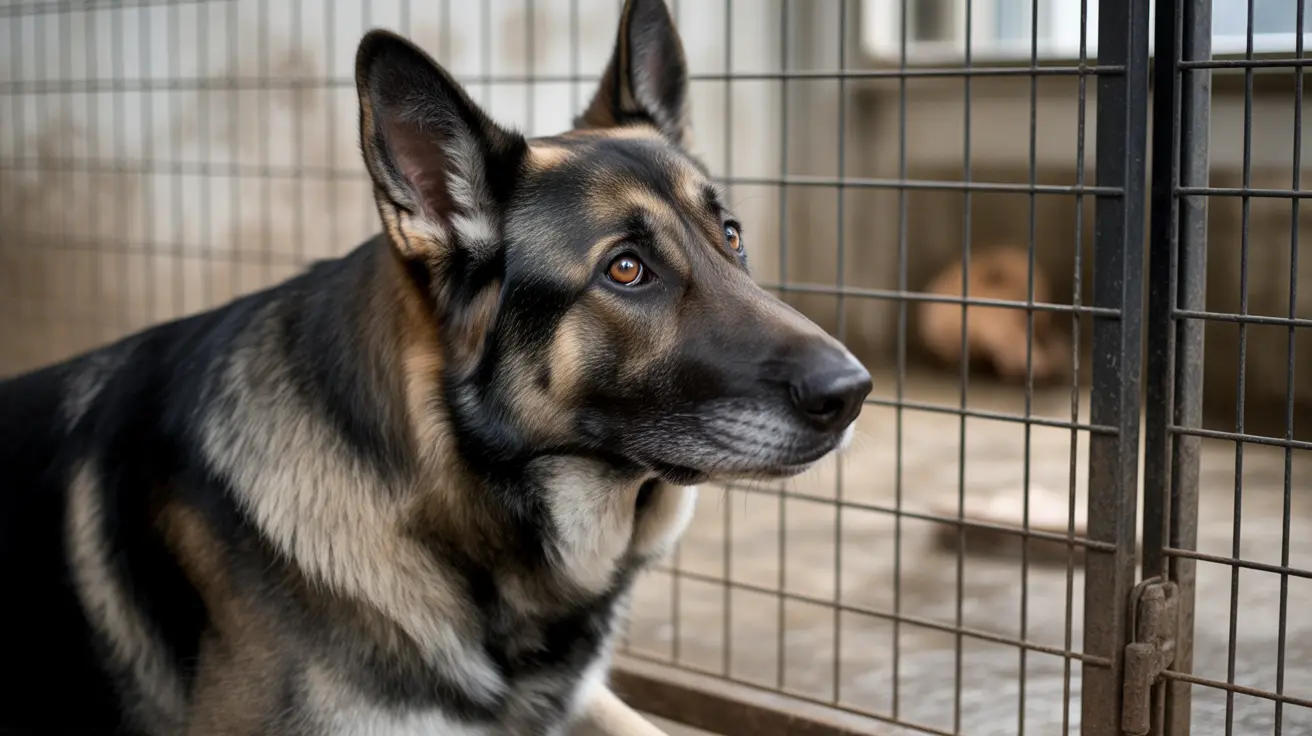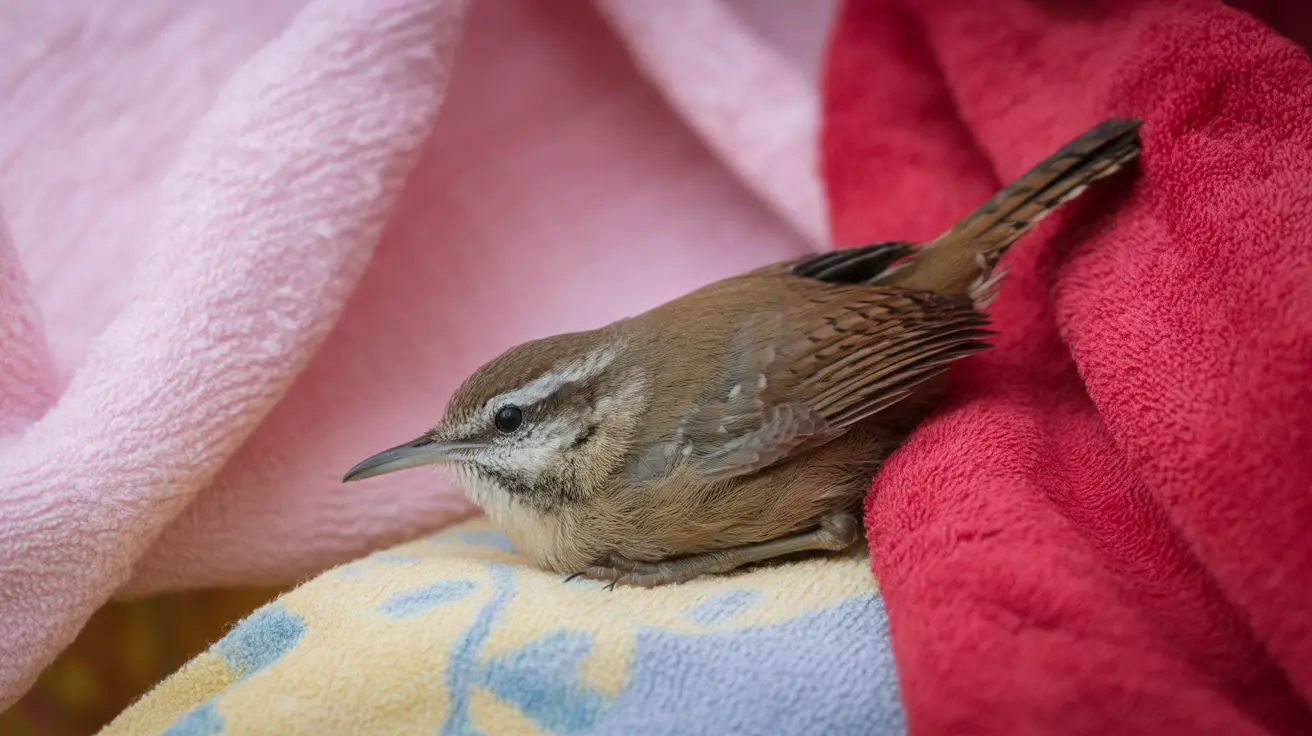Foods That Are Toxic to Cats: What Every Cat Owner Should Know
Cats are curious creatures and often tempted by the foods we enjoy. However, many common human foods can be dangerous—or even deadly—for them. Understanding which foods are toxic to cats is crucial for keeping your feline friend safe and healthy.
1. Onions, Garlic, Chives, and Shallots
All forms of these vegetables—raw, cooked, powdered, or dehydrated—are highly toxic to cats. They can damage red blood cells and cause anemia. Symptoms like vomiting, diarrhea, lethargy, rapid breathing, pale gums, and dark urine may appear even after small or repeated exposures.
2. Grapes, Raisins, Sultanas, and Currants
The exact toxin in these fruits remains unknown, but ingestion can lead to kidney failure in cats. Watch for vomiting, diarrhea, poor appetite, lethargy, abdominal pain, and increased thirst or urination. Some cats may show no symptoms at all—so it's safest to keep these out of reach entirely.
3. Chocolate and Caffeinated Products
Chocolate contains theobromine and caffeine (methylxanthines), both extremely toxic for cats. Dark chocolate is especially dangerous. Coffee, tea, energy drinks—even some medications—can also poison your cat. Signs include vomiting, diarrhea, hyperactivity, tremors or seizures, abnormal heart rhythms, increased thirst or rapid breathing; severe cases may result in coma or death.
4. Alcohol and Raw Yeast Dough
Alcoholic drinks and foods containing alcohol are very dangerous for felines—even tiny amounts can trigger vomiting, diarrhea, disorientation or coma. Raw yeast dough expands in the stomach (producing gas and alcohol), causing painful bloating or alcohol poisoning with possible seizures.
5. Milk and Dairy Products
Most adult cats are lactose intolerant after weaning; milk or dairy products often cause vomiting, diarrhea, abdominal pain or flatulence. While kittens may tolerate milk briefly after birth, adult cats should avoid it altogether.
6. Raw Eggs, Raw Meat/Fish & Bones
Raw eggs risk Salmonella/E.coli infection and contain avidin (which interferes with biotin absorption). Raw meat/fish may harbor bacteria or parasites; raw fish contains thiaminase enzymes that destroy vitamin B1 (thiamine), leading to neurological issues or seizures. Bones—cooked or raw—can splinter and cause choking/blockages.
7. Fat Trimmings
Fat from meat (cooked or uncooked) can upset a cat’s digestive tract—causing vomiting/diarrhea—and may trigger pancreatitis.
8. Dog Food
Dog food isn’t directly poisonous but lacks essential nutrients for cats (like taurine and vitamin A). Regular consumption leads to deficiencies that harm heart health and vision.
9. Tuna (Human-Grade)
A diet heavy in tuna made for humans causes nutrient imbalances/mercury poisoning in cats; occasional small amounts are usually safe but shouldn’t be routine.
10. Citrus Fruits: Oranges/Lemons/Limes
The peels/seeds/high concentrations of essential oils/citric acid in citrus fruits irritate the digestive system; large quantities depress nervous system function or cause skin irritation.
11. Avocado
This fruit contains persin—a toxin that causes gastrointestinal upset/vomiting/diarrhea/respiratory distress/fluid around the heart (even death). Cats are less sensitive than some animals but should still avoid avocado exposure.
12. Mushrooms
Certain wild mushrooms can be extremely toxic: symptoms include vomiting/diarrhea/lethargy/excessive salivation/uncoordinated movements/hallucinations/kidney-liver failure/death.
13. Nuts (Macadamia Nuts/Almonds/Walnuts)
Nuts are high in fat—leading to vomiting/diarrhea/pancreatitis—and can pose a choking hazard or cause intestinal blockages; macadamia nuts sometimes produce muscle tremors/weakness/hyperthermia.
14. Salt & Salty Foods
A lot of salt results in excessive thirst/urination/electrolyte imbalance/vomiting/tremors/seizures/death from sodium ion poisoning.
15. Sugary Foods & Xylitol
Xylitol is highly toxic for dogs; evidence of toxicity in cats is limited but sugary foods still contribute to obesity/dental problems/diabetes if consumed regularly.
16–18: Tomatoes/Potatoes/Mushrooms/Raw Liver
- Certain raw vegetables contain solanine which causes severe digestive upset when eaten raw/in large amounts.
- Mushrooms (especially wild types) may result in severe toxicity/neuro symptoms/organ failure/death if ingested by your cat.
- A diet high in liver causes vitamin A toxicity: joint issues/deformed bones/death in extreme cases; small amounts are generally safe as an occasional treat only.
19. Non-Food Substances & Medications
Cats sometimes ingest non-food items like medications (acetaminophen/ibuprofen), coins/toys/string—which can be extremely dangerous or lethal without veterinary care.
Recognizing Food Toxicity Symptoms in Cats
- Vomiting & diarrhea
- Lethargy & poor appetite
- Tremors/seizures/uncoordinated movement
- Pale/yellow gums & collapse
- Painful abdomen/increased thirst/excessive drooling/muscle tremors/abnormal heartbeat/weakness
If you suspect your cat has eaten something toxic—even if symptoms aren’t obvious—seek veterinary help immediately.
Prevention Tips for Cat Owners
- Store all human food securely out of reach from curious paws.
- Avoid feeding table scraps—especially during holidays when rich/dangerous foods abound.
- Treats should be formulated specifically for cats—not leftovers from your plate!
- If you’re unsure about a food's safety for your cat’s diet—ask your veterinarian first before sharing anything new with them!





